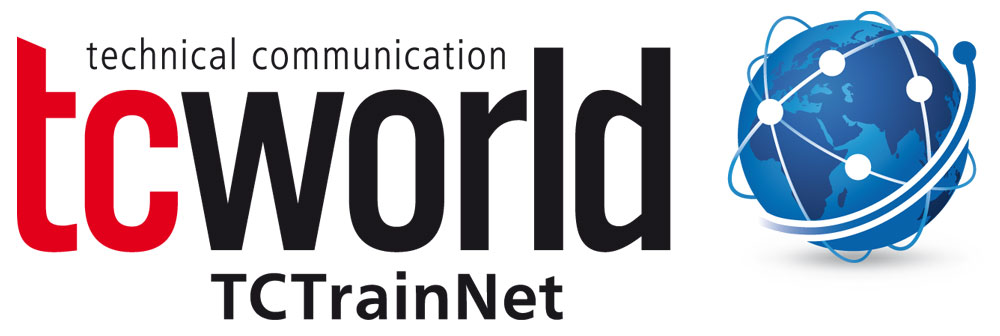An information product is frequently developed for different countries and markets and must thus also usually be translated into several target languages – keyword “internationalization”. Added to this are country-specific requirements such as regulatory and legal obligations, as well as cultural peculiarities of individual target markets, that must be fulfilled – keyword “localization”.
The overall documentation process must be aimed at fulfilling these requirements. Content development is followed by the localization and/or translation process. For the localization process, a comprehensive knowledge of cultural characteristics is necessary; thus, this can normally only be done by persons born and raised in the respective country. Technical editorial offices work closely with these specialists.
The task of a technical editorial office is initially creating translation-friendly contents and subsequently organizing the processes of internationalization and localization so that the information product will be available in all the required languages and country-specific variants at the same time the product is finalized. To write in a way that facilitates translation, technical communicators must know the basics of localization and intercultural communication and be familiar with the working methods and tools that translators use.
As support, special software tools are used that enable the translation and localization of text modules, reuse contents that have already been translated, or automatically carry out pre-translations.



